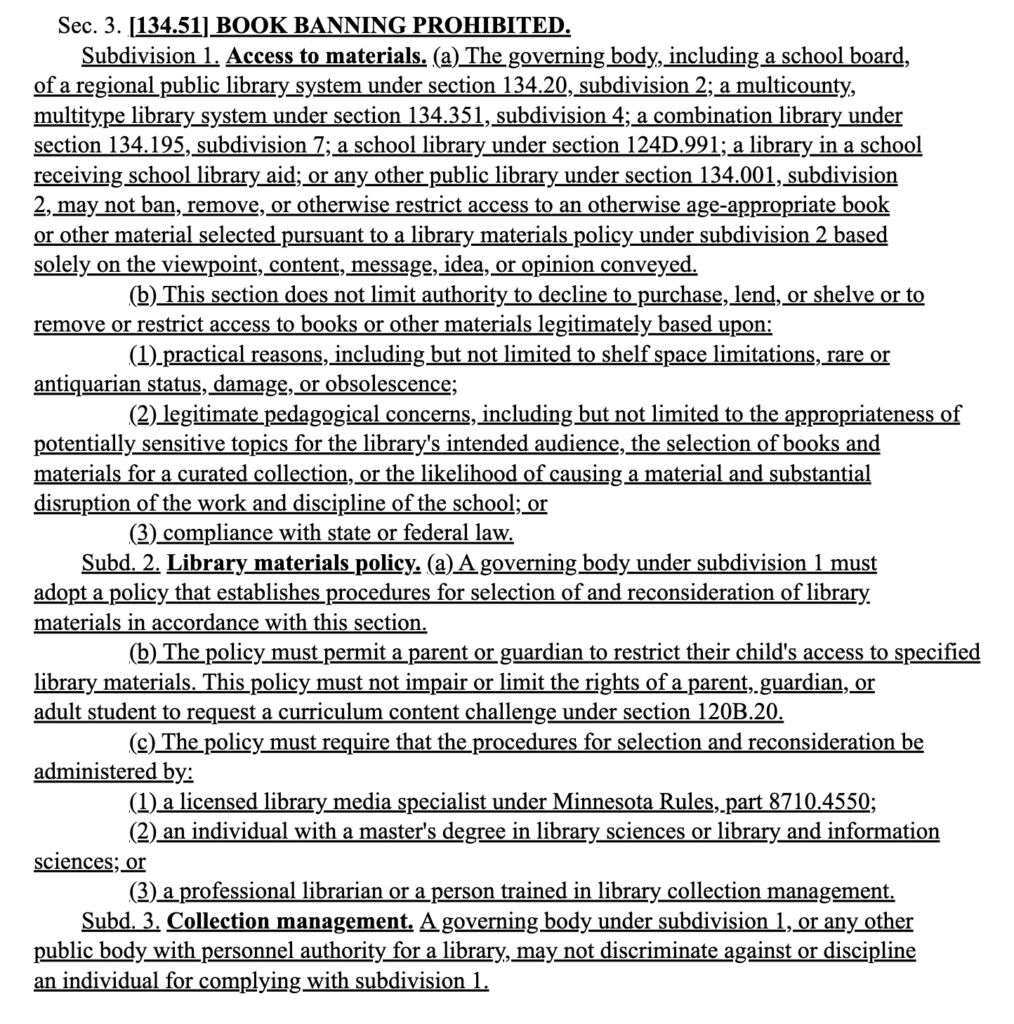Capitol Watch: Senate DFL removes school comparisons, delays test score release
Are all the children in Lake Wobegon still above average? If Democrats in the legislature have their way, we’ll never know. The Minnesota Senate passed an education bill this week that eliminated the requirement for the Department of Education to “report data that compares performance results among school sites, school districts, Minnesota and other states, and Minnesota and other nations.” They also pushed back the release date of student test scores in the fall from September to December.
These changes continue the long trend of removing academic accountability from schools one step at a time since Gov. Tim Pawlenty left office at the end of 2009. Democrats in Minnesota, backed by their partners in the teachers’ union, want to return to the days before we disaggregated data and exposed that certain student subgroups were consistently underperforming in our schools. That was the day we discovered Minnesota’s embarrassing achievement gap.
It took President George W. Bush’s No Child Left Behind law in 2001 to force states to create academic standards, regularly test their students against those standards, and report the test scores to the public. The reporting had to be by school and district and include separate results for minority students, special ed students and students in poverty. Minnesota could no longer hide behind their averages, consistently leading the nation in SAT and ACT scores. Our achievement gap was exposed.
This week’s elimination of performance comparisons is just another way to mask the problems in Minnesota schools. When challenged on the Senate floor, Education Committee Chair Steve Cwodzinski (DFL-Eden Prairie) gave a rambling non-answer about why he was removing the reporting requirements from law:
“I think sometimes we think schools are like commodities to be bought and sold on a stock exchange. Schools are not commodities. We have a duty to create a general and uniform system of public schools. And we send our kids to the marketplace of ideas, not the marketplace of things. So I want to remind members as they vote red on the amendment to put that in perspective.”
Joe Biden would be proud.
Moving the release date of test scores from September to December is a ham-fisted attempt to hide poor school performance until after the November elections. This lack of transparency and accountability will help incumbent legislators, governors and even school board members keep the bad news away from voters until they safely win reelection. Sen. Cwodzinski said the delay will help teachers who are overwhelmed at the beginning of the school year, even though they have nothing to do with the release of the test data.
Republican Senators commented that parents and taxpayers have gotten used to seeing test results reported at State Fair time. In fact, Gov. Pawlenty used the Department of Education booth at the State Fair to introduce the state’s first school report cards in 2004.
Accountability is inconvenient for Minnesota’s education cartel. Education Minnesota fought the creation of the first school report cards, and they’ve been urging the legislature to roll back accountability measures ever since. Controlling the agenda is easy with a union member chairing the Senate Education Committee (Cwodzinski) and a union member in the governor’s office. Spending $5 million in the last election on union-friendly candidates also doesn’t hurt.
Tim Walz’s ban on book banning included
The Senate education bill included language that attempts to prevent libraries from banning books “based solely on the viewpoint, content, message, idea, or opinion conveyed.”

One of Gov. Walz’s favorite talking points is that Minnesota is banning hunger in the schools while other states are banning books. No one in the Minnesota press has bothered to challenge him on this claim.
Now Walz is promoting language to prevent public libraries from removing books because of their viewpoint. But the same legislation allows a book to be removed due to “legitimate pedagogical concerns, including but not limited to the appropriateness of potentially sensitive topics for the library’s intended audience.”
How will they distinguish between “viewpoint” and potentially sensitive?” If a pornographic book is found in the middle school library, a librarian can certainly remove it based on the “potentially sensitive topic” criteria, exposing this whole effort as an exercise in politics, not policy. This is not serious lawmaking.
The House has yet to pass their version of the education bill but I wouldn’t expect many differences. With complete control of the House, Senate and Governor’s office, these bills are being put together in advance by the Democratic leadership.
This post was originally sent to subscribers of the Capitol Watch email. To subscribe and see this content first throughout the legislative session, click here.